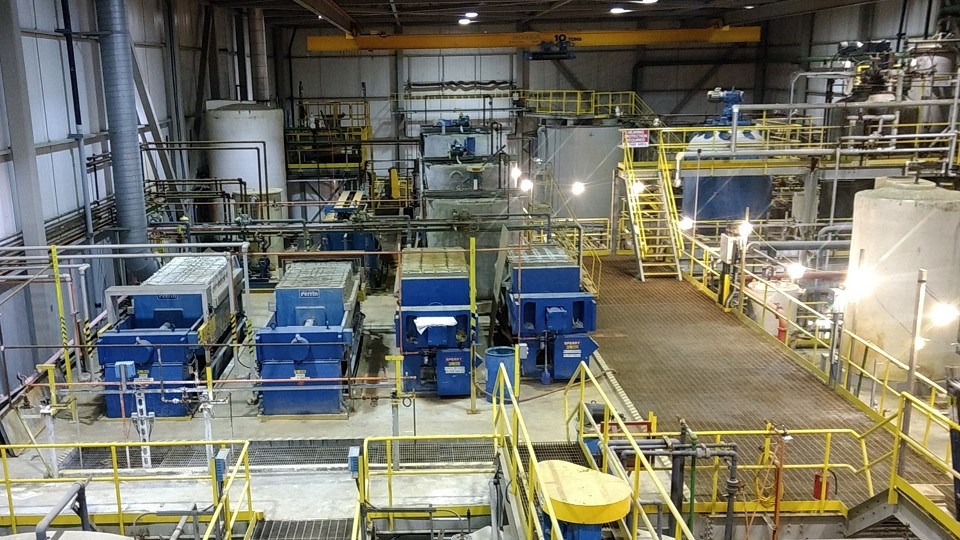Electra Battery Materials has found an overseas supplier of recycled battery material to feed its soon-to-be commissioned refinery in Temiskaming.
The Toronto processing company has signed a memorandum of understanding with Marubeni Corporation, a Japanese trading conglomerate, to source a part of the 'black mass' material for the recycling operation Electra wants to start up in 2023.
This agreement with Marubeni also lays the groundwork for Electra to market a portion of its northeastern Ontario-made refined cobalt sulfate product to Japan and the lithium-ion battery manufacturers there.
It's the first of many feed and offtake agreements Electra expects to sign in what's expected to be a transformational year for the company.
Electra has supply deals with Glencore and IXM S.A., a subsidiary of China Molybdenum Co., to receive cobalt from mines in the Democratic Republic of Congo.
Electra is currently refurbishing the former Yukon refinery, located between the town of Cobalt and Temiskaming Shores, in preparation to bring it into operation later this year. They'll begin by processing the African-mined cobalt into battery-grade material used by the electric vehicle industry.
Next year, the company intends to progress into a battery recycling operation by extracting so-called black mass material from end-of-life lithium-ion batteries.
Black mass contains a variety of valuable metals including cobalt, nickel, copper, lithium, manganese, aluminum and graphite that can be reused. It involves a mechanical process involving crushing, sorting and sieving to produce the powdery substance.
This is only the first and second stages of the company's ambitious four-part plan to establish a Battery Materials Park at the site, the first of its kind in North America, to make refined material for the electric vehicle (EV) industry.
The third and fourth stages involve nickel refining and production of a precursor material, a blend of nickel and cobalt, used in manufacturing the EV batteries; all of it be rolled out by 2026.
This processing hub would be created on the refinery site where the company holds 120 acres of permitted property. The operation could conceivably create 200 to 300 direct jobs, according to Electra.
Marubeni is said to have a "wide network of battery recyclers in Asia and elsewhere" that will assist in sourcing recyclable material for Electra.
“Marketing a portion of our cobalt production in Japan will lay the groundwork for further expansion opportunities as the North American market develops,” said CEO Trent Mell in a news release. “This partnership with Marubeni reflects the strong demand for North American battery materials as an alternative to legacy supply chains.”
“The Japanese lithium-ion battery industry is very well established and will continue to grow," said Michael Insulan, Electra's commercial vice president.
"Marubeni’s wide network of industry contacts in the battery cell and materials space, as well as in the recycling community, will help Electra to diversify its black mass sourcing options for our lithium-ion battery recycling operations.”



